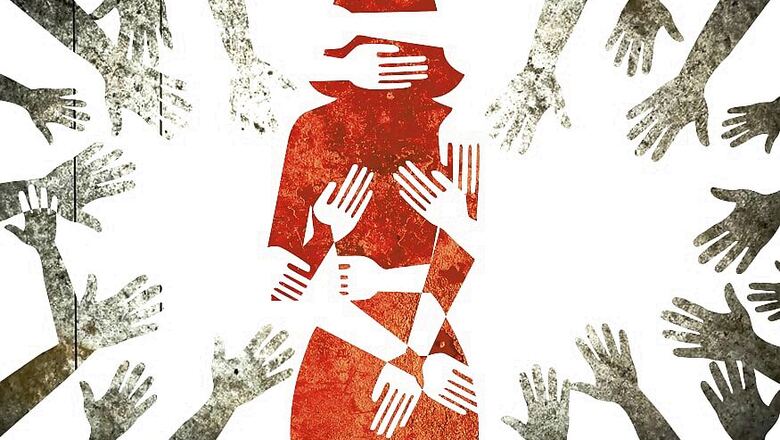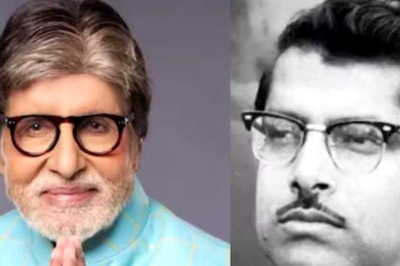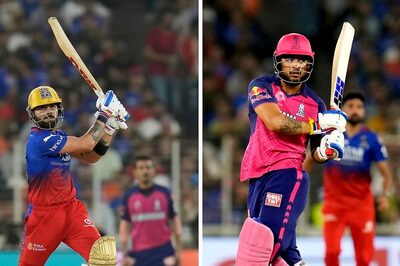
views
New Delhi: A report published by the Human Rights Watch (HRW) has said that women and girls with different disabilities face high risk of sexual violence in India and find it more difficult to escape from violent situations due to limited mobility.
The report titled ‘Invisible Victims of Sexual Violence: Access to Justice for Women and Girls with Disabilities in India’ has found out that “women and girls with disabilities, particularly intellectual or psychosocial disabilities, may not know that non-consensual sexual acts are a crime and should be reported because of the lack of accessible information.”
In its earlier report, ‘Everyone Blames Me: Barriers to Justice and Support Services for Sexual Assault Survivors in India’, published in November 2017, HRW had found that rape survivors still face significant barriers obtaining justice and critical support services because legal and other reforms have not been fully realized.
This report, which largely focuses on the physically challenged women of India, investigates 17 rape and gang rape cases of women and girls with various disabilities in eight states across India. It has found out that five years after the Criminal Law (Amendment) Act, 2013, women and girls with disabilities continue to face significant barriers to justice.
“The government has no system to even register attacks against women and girls with disabilities, let alone formulate strategies and mechanisms to respond to their particular needs,” the report states.
According to the report, women and girls with disabilities may require “distinct types of support depending on their disabilities” to report the crime to the police.
However, the report states, “this support is often not available in India, even though the 2013 amendments and the Protection of Children from Sexual Offences Act, 2012, (POCSO) mandate these provisions.”
The report has also stated that the police, in most of the cases, is often ill-equipped and do not have the training or expert support to handle such cases.
The report has also found out that women and girls with disabilities often find it hard to navigate the judicial system, thus hampering them to get justice.
“The judicial process in India is slow and traumatic for many victims of crimes. However, unfamiliar and stressful court environments present a heightened challenge for women and girls with disabilities, especially during protracted legal cases. Lack of information among women and girls with disabilities and their families about their legal rights, including the right to legal representation, prevents many from advocating for their needs,” the report states.
The HRW report, however, has also suggested some ‘key recommendations’, which can help the government and the authorities focus on the unique needs of women and girls with disabilities, who experience sexual violence.
The report calls for the implementation of laws and policies, which can help protect rights in cases of sexual violence against women and girls with disabilities.
It also mentions that police, judicial officers, medical officers and judges should “receive adequate training in the rights of survivors of sexual violence, including women and girls with disabilities and that police and the courts should have access to “special educators,” who can identify disability accurately and provide support or other accommodations.”
Other recommendations include: adopting and implementing of the Ministry of Health and Family Welfare Guidelines and Protocols for Medico-Legal Care for survivors of sexual violence across all states and jurisdictions, collection and disaggregation of data on sexual and gender-based violence on the basis of gender, disability and age to ensure adequate services, and formulation of a uniform scheme across all Indian states to provide compensation to survivors.
















Comments
0 comment